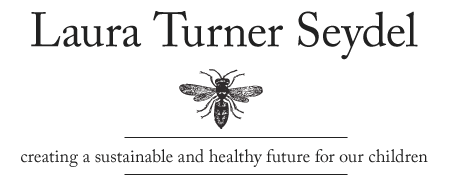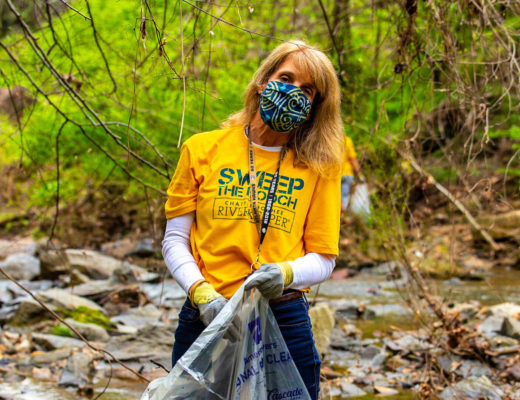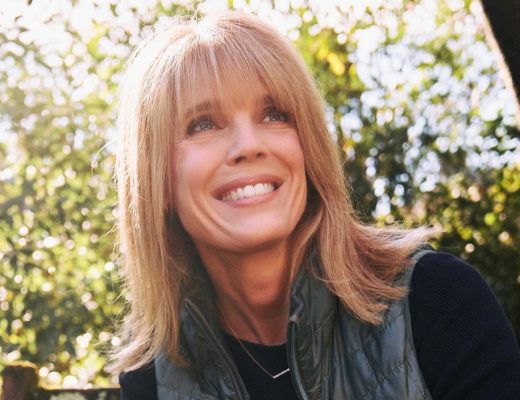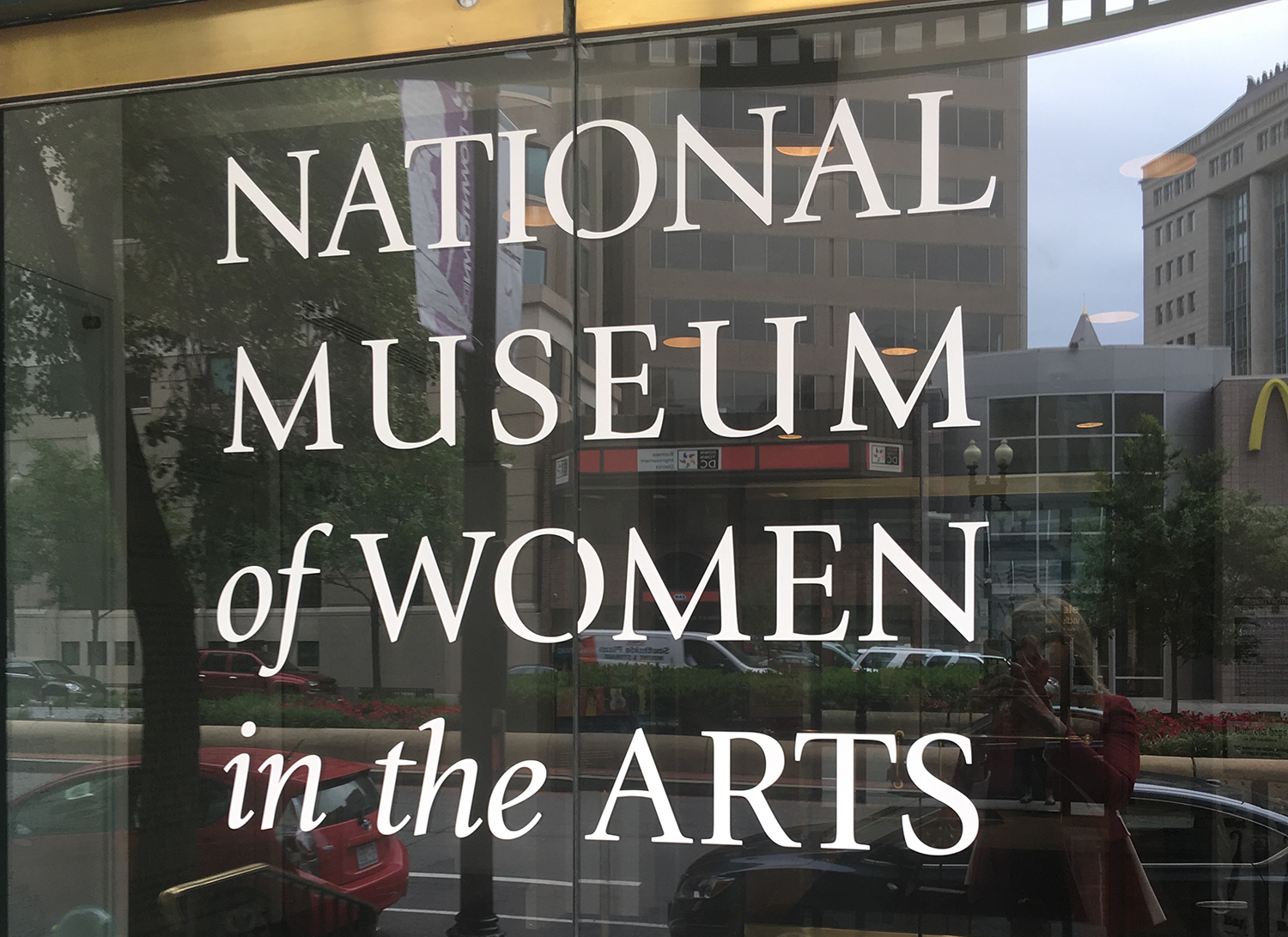The only way to alter the course we are on is to invest in REAL, SUSTAINABLE solutions that address the roots of plastic pollution by holding producers responsible and reducing single-use plastics.
Earlier this year, Sen. Tom Udall (NM) and Rep. Alan Lowenthal (CA) introduced the Break Free From Plastic Pollution Act. Some of the bill’s proposed solutions include:
- Prevent Plastic Waste from Being Shipped to Developing Countries that Cannot Manage It
- Require Product Producers to Take Responsibility for Collecting and Recycling Materials
- Source Reduction and Phase-Out of Single-Use Products
Organizations and citizens are pushing for policy solutions to the plastic crisis at the municipal, state, national, and international levels all around the globe.
Now is the time to ACT!
The Story of Plastic (2020)
In the face of corporate malfeasance, Big Polluters push for consumer responsibility, not producer accountability.
The Story of Plastic (2020) rails against this false narrative that we can “recycle our way out” and instead pushes for producer accountability when manufacturing unnecessary, single-use plastics. The film follows the supply chain of plastic, beginning with fracked natural gas in the United States and ending with literal mountains of plastic waste on the other side of the world.
Where to Watch: Amazon, AppleTV, Xfinity on Demand
Directed by: Deia Schlosberg
Runtime: 95 min
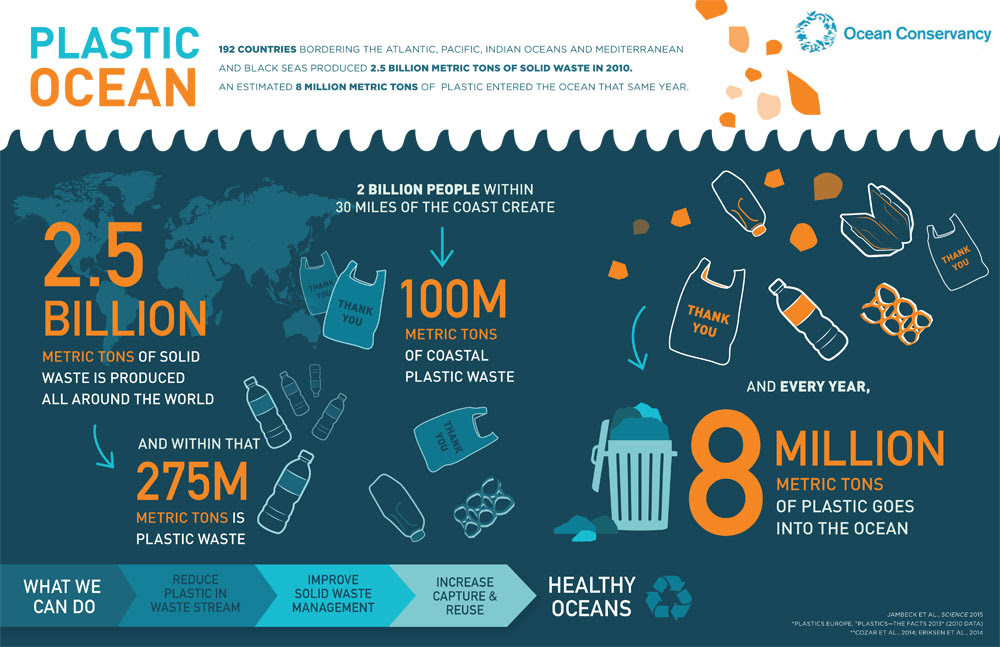
Solutions to Plastic Webinar Series
How to Develop Effective Foodware Policy & Programs Focused on Reusables
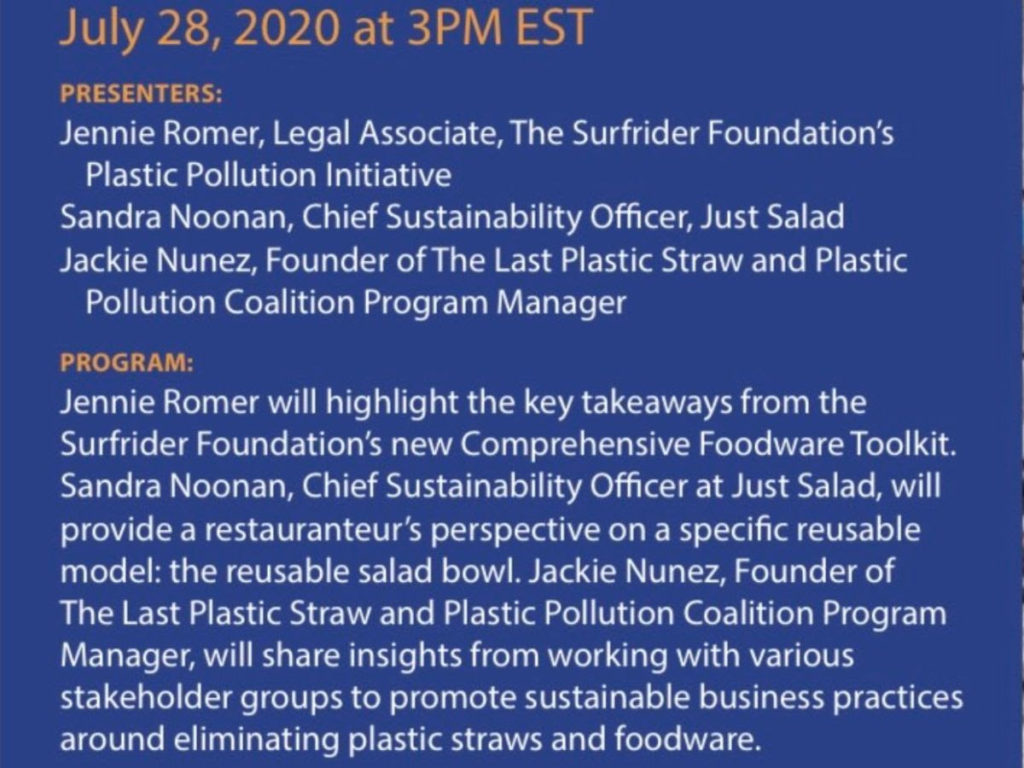
The Healthy Baby Guide
Despite no shortage of peer-reviewed studies revealing plastic to be loaded with chemicals that can harm our health, plastic packaging, plastic containers, plastic toys — the list goes on — are in every corner of our lives.
The toxic chemicals found in plastic, and other harmful ingredients or materials in the things you use daily, affect not just the environment, but also the human body and particularly growing babies, infants, and children.
Every step you take to reduce harmful chemicals in your life, no matter how small, is a step in the right direction.
If you have little ones or are striking out on the Plastic Free Path, “The Healthy Baby Guide” from MADE SAFE and Plastic Pollution Coalition is an excellent resource for making safer choices and navigating a healthy and sustainable future.
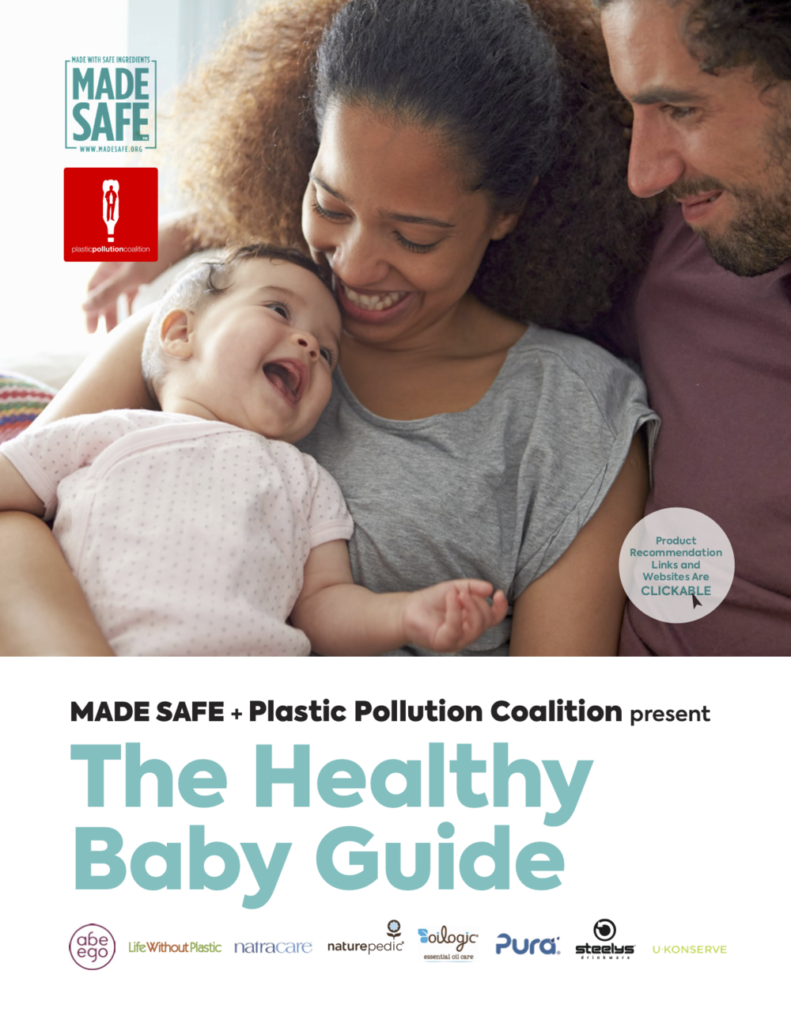
Things to remember:
- You inhale a credit card’s worth of microplastics each week.
- Within a decade, for every 3 lbs. of fish in our waterways, there will be 1 lb. of plastic.
- Half of all the plastic ever made was made in the last 14 years.
- Only 8.5% of all plastics discarded since 1950 have been recycled
How you can help:
- Always ask yourself: “Do I need this?” or “What else can I use?”
- Learn to Refuse single-use plastics such as straws or plastic bags
- Avoid products with unnecessary packaging
- Learn which plastics are non-recyclable
- Join or begin a neighborhood clean-up crew
